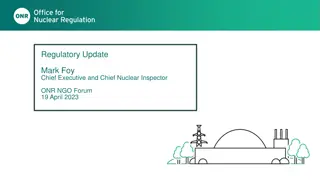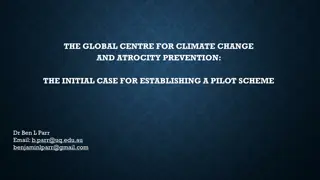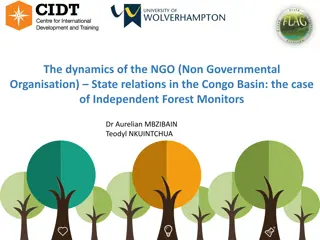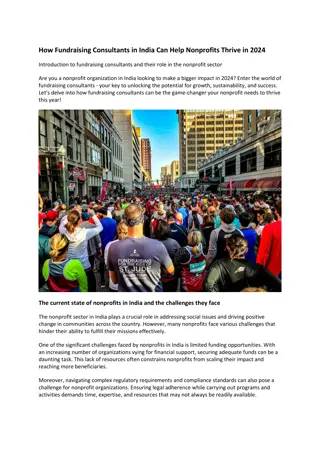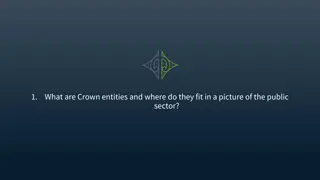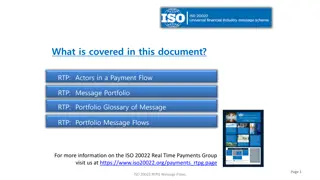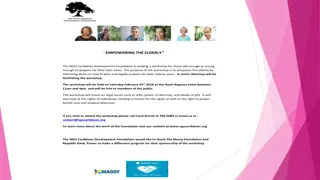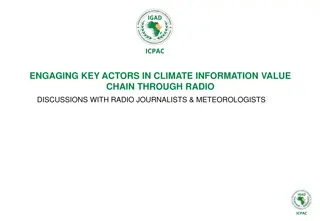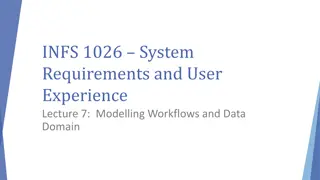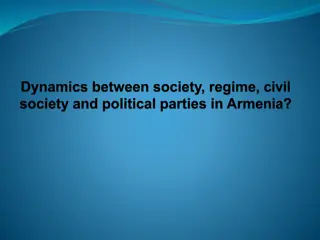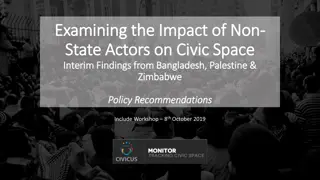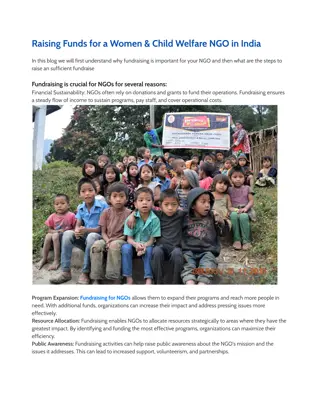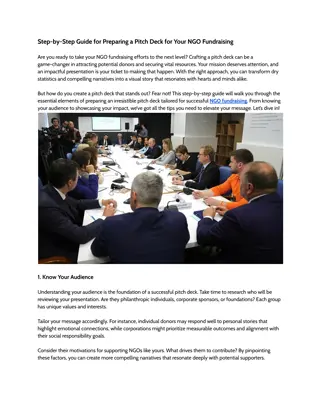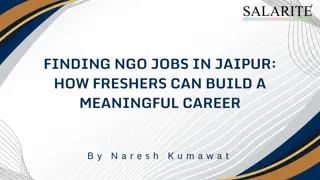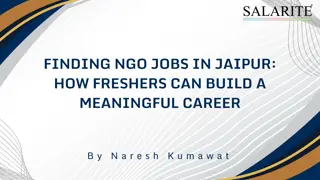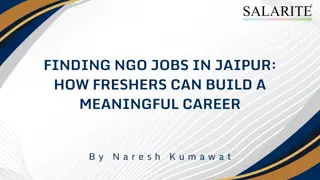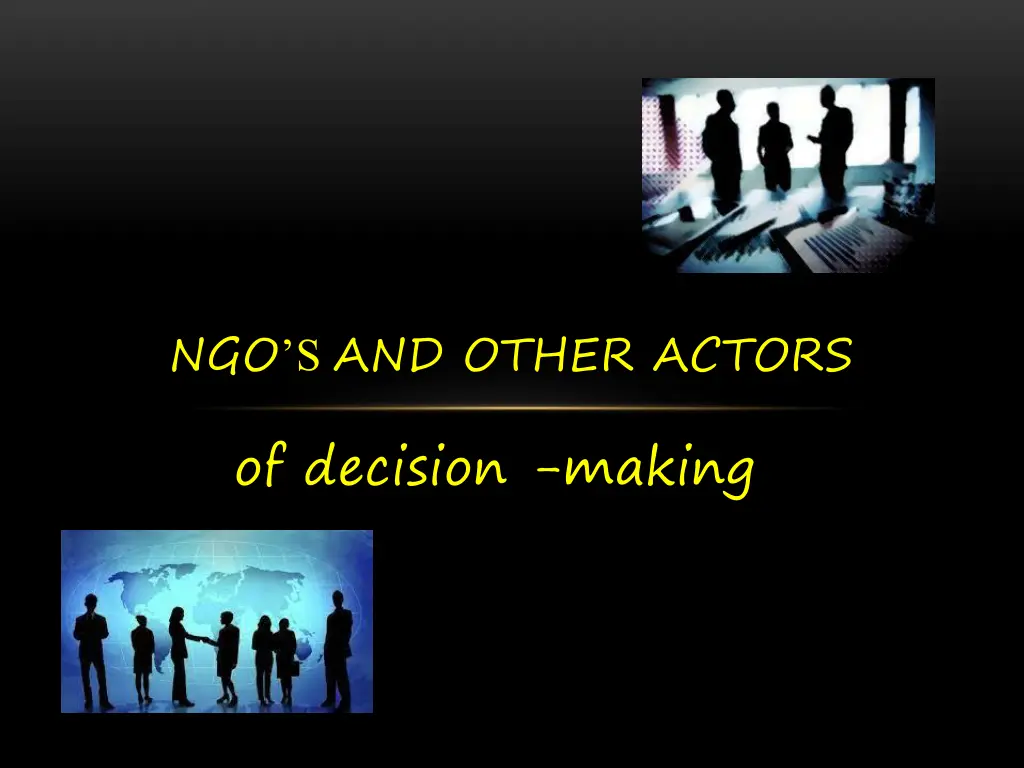
Decentralized Decision-Making: Evolving Global Governance Landscape
Explore the shifting dynamics of decision-making beyond traditional state actors, delving into concepts like regulatory capture, transnational regulatory regimes, and global administrative law. Witness the emergence of transnational constitutionalism and the reconfiguration of nation-states in the evolving world society.
Download Presentation

Please find below an Image/Link to download the presentation.
The content on the website is provided AS IS for your information and personal use only. It may not be sold, licensed, or shared on other websites without obtaining consent from the author. If you encounter any issues during the download, it is possible that the publisher has removed the file from their server.
You are allowed to download the files provided on this website for personal or commercial use, subject to the condition that they are used lawfully. All files are the property of their respective owners.
The content on the website is provided AS IS for your information and personal use only. It may not be sold, licensed, or shared on other websites without obtaining consent from the author.
E N D
Presentation Transcript
NGOS AND OTHER ACTORS of decision -making
The Post-Westphalian Transition "alternative" actors of decision makers sovereignty-free actors (non- state actors
regulation is acquired by the industry and is designed and operated for its benefit regulatory agencies tend to respond to the wishes of the more powerful and organised special interests groups in the industry that they regulate and supervise Regulatory Capture TRANSNATIONAL REGULATORY REGIMES
Administrative law is state-centered Administrative law, traditionally conceptualized, deals primarily with the way in which state entities exercise and explain the use of their discretion Global administrative law is de-territorialized. because global administrative law is a complex network of cooperative measures after all, it can be expected that new forms of cooperation will develop, called creative coalitions. These will include governments, multilateral organizations, business, charities, and non-governmental organizations. GLOBALIZING ADMINISTRATIVE LAW
Historically, constitutionalism was a national and politically neutral affair In the transnational context the concept of constitutionalism took on a further meaning. Now it came to mean that the governments of the States imposed a collective straitjacket on themselves as to the content of public policy As governance becomes transnational, the model of the constitutionally regulated state is marginalized TRANSNATIONAL CONSTITUTIONALISM
The world might have arrived at a tipping point , which implies that the relationship between state-hood and transnationality is undergoing a profound re configuration. This does not mean that the nation- state layer is bound to disappear, but it does mean that the relative status and centrality of nation states within the broader framework of world society is changing

